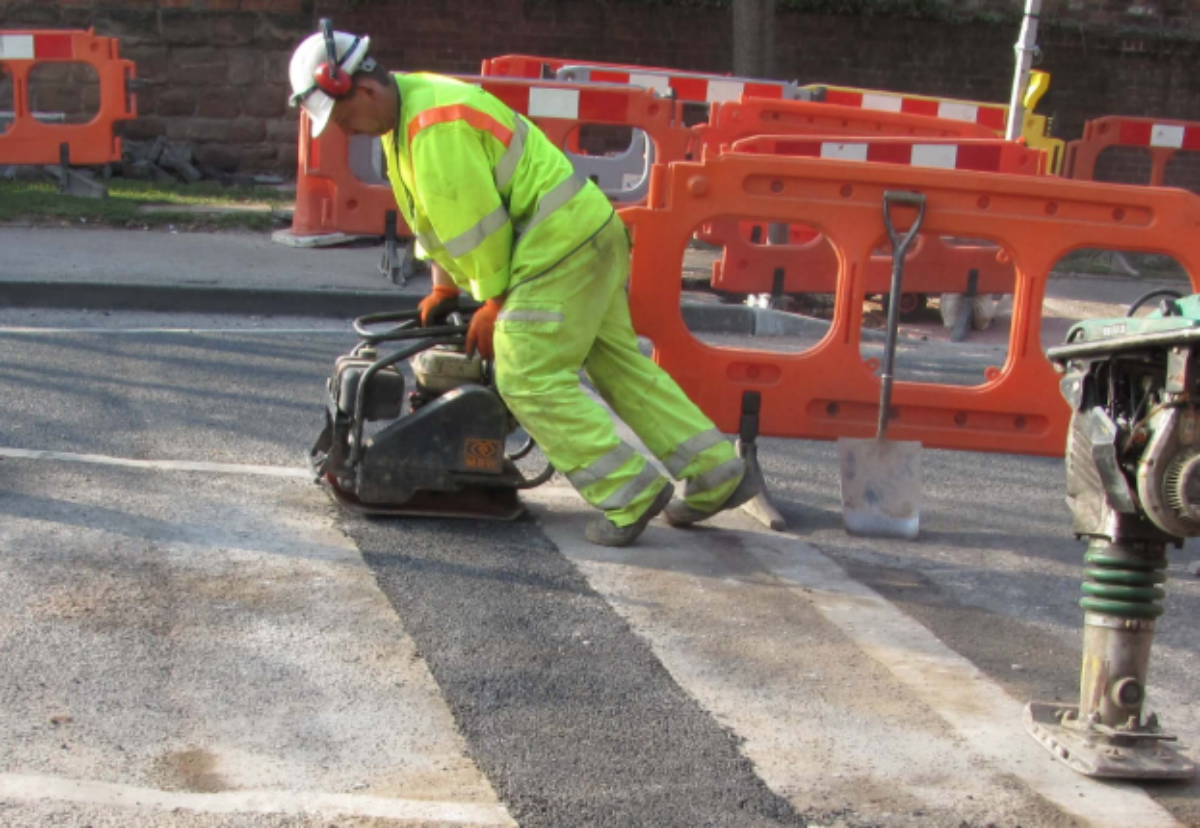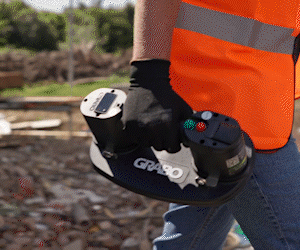Under new plans to update the code of practice for reinstating a road after street works the Government will also introduce new asphalt standards to keep roads pothole-free for longer.
Transport Secretary Chris Grayling has today launched a consultation on increasing the guarantee on utility firms’ roadworks, so that if a pothole forms as a result within five years, firms must return to bring the road surface back to normal.
He said: “Potholes are the biggest enemy for road users and this government is looking at all options to keep our roads in the best condition.
“Road surfaces can be made worse by utility companies, so imposing higher standards on repairs will help keep roads pothole-free for longer.”
The proposals also allow for new innovative surfacing to be used, such as asphalt with a high bitumen content that is easier to compact to the required density. This makes it less prone to potholing.
Clive Bairsto, chief executive of trade body Street Works UK, said: “We do not believe that proposals to increase guarantee periods are necessary or will be effective.
“The Government should not take forward proposals unless they are supported by a strong evidence base. Utilities and their contractor partners play a vital role in delivering and maintaining vital infrastructure which powers the economy, and it is crucial that any new regulations are proportionate.”
The latest consultation follows several other initiatives to help improve road surfaces.
Last month, the Department for Transport announced real-world tests of new road surfaces and technologies in eight areas to see which emerging innovations provide long-term solutions to improve journeys.
The £23m Live Labs projects will be delivered by councils – including Kent, Staffordshire, Reading, Suffolk and Solihull and Birmingham – and if successful, could be adopted by other authorities.
These schemes include expanding the test in Cumbria of plastic roads, using kinetic energy off Buckinghamshire roads to power lighting and using geothermal energy to keep car parks and in Central Bedfordshire bus stations from freezing over.



























































